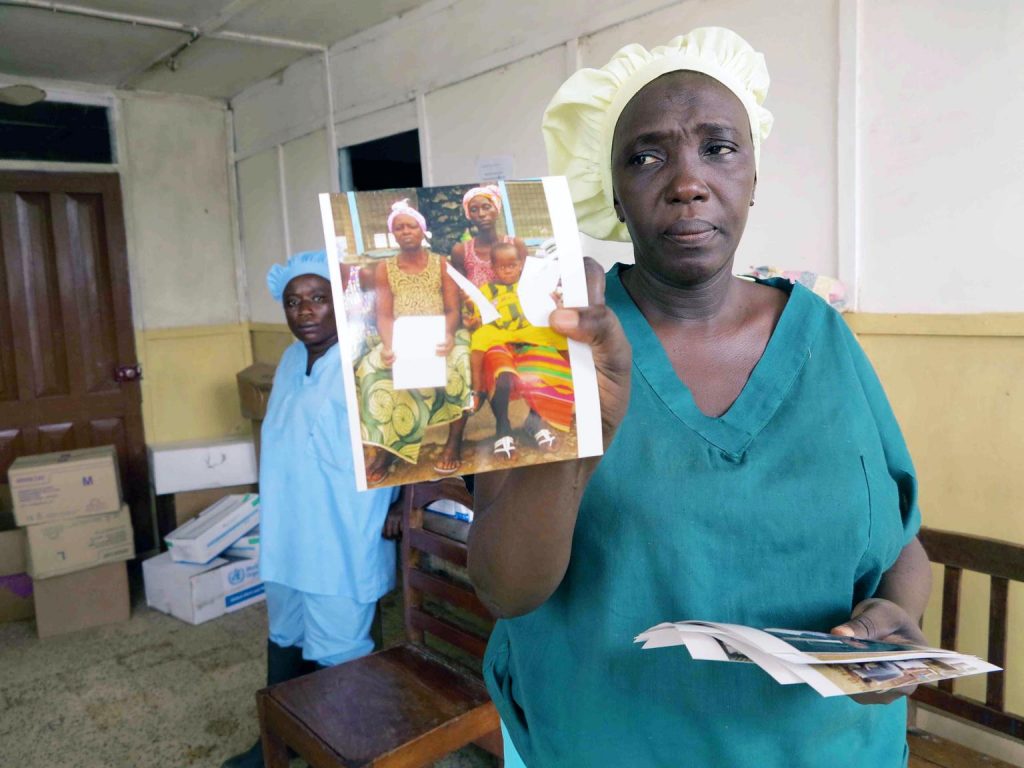The 2014–2016 Ebola epidemic presented a challenging setting in which to carry out clinical trials. This paper reports findings from social science research carried out in Kambia, Northern Sierra Leone during first year of an Ebola vaccine trial (August 2015–July 2016). The social science team collected data through ethnographic observation, 42 in depth interviews; 4 life narratives; 200 exit interviews; 31 key informant interviews; and 8 focus group discussions with trial participants and community members not enrolled in the trial.
Whilst research often focuses on why people refuse vaccination, we instead explore participant motivations for volunteering for the study, in spite of prevailing anxieties, rumours and mistrust during and after the Ebola outbreak. In so doing the paper contributes to on-going debates about research ethics and community engagement in resource poor contexts, offering reflections from an emergency and post-epidemic setting. We analyse participants’ perceptions of the risks and benefits of participations, highlighting the importance of a contextual approach. We focus on four types of motivation: altruism; curiosity and hope; health-seeking; and notions of exchange, and argue for the role of social science in developing grounded research ethics and community engagement strategies that can take into account context and local realities.



